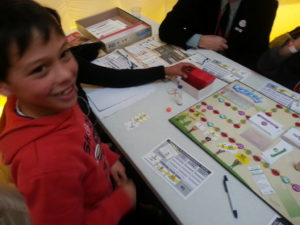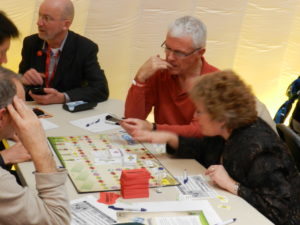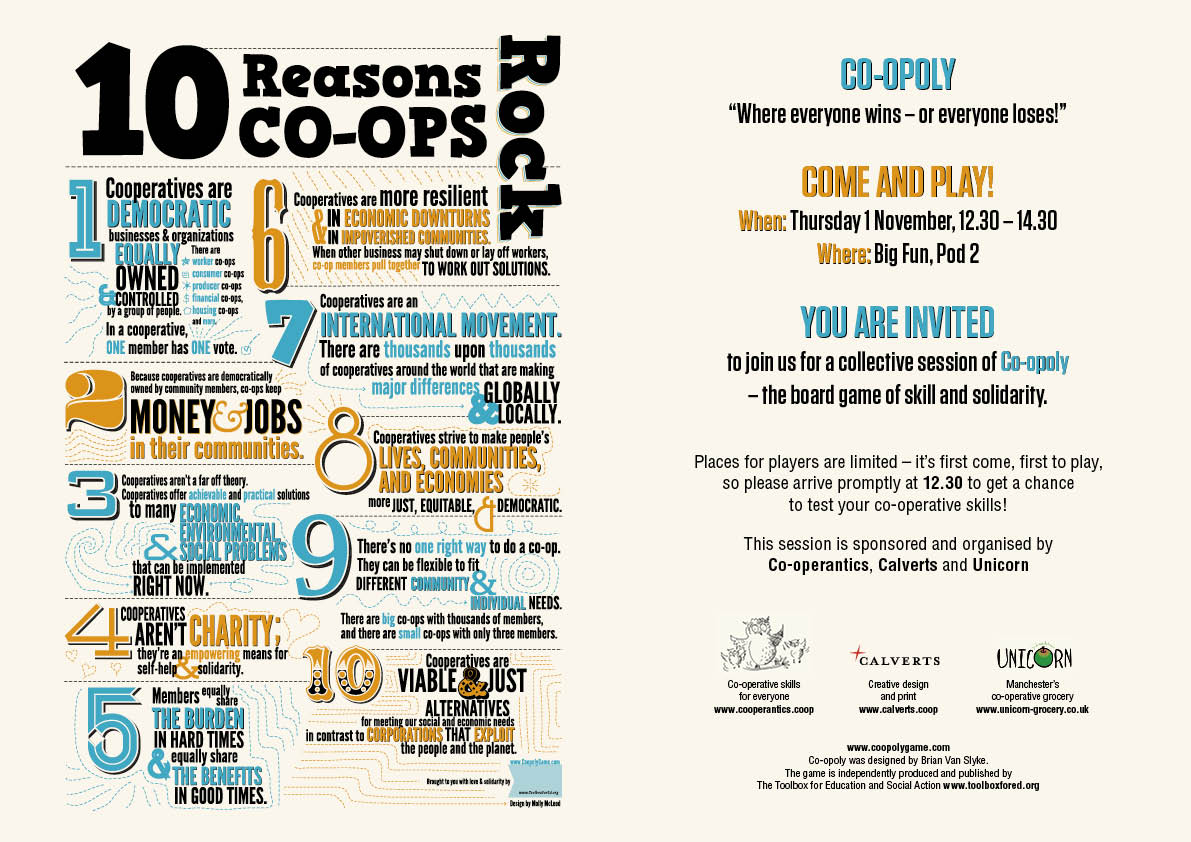When I’m web surfing – looking for interesting insights and new approaches to dealing with conflict, I often come across articles or workshops claiming to tell you ‘How to deal with Difficult People’ – and I’ve always had a bit of a worry in my mind about how useful such approaches are – I’m not convinced that to pin the blame for conflict in the workplace on one ‘Difficult Person’ will solve the problem.
A few years ago, I worked with a now large and successful co-op, who asked me to come in and facilitate what they expected to be a ‘difficult meeting’. Two founder members who had conflicting views about the way the co-op was being run were expected to come head to head. The issue was being identified as a personality conflict – i.e. one member was being ‘difficult’. In fact it didn’t come to that – the members were too thoughtful to permit a head to head situation developing. What it threw up was that the difference between the two members was a typical challenge for any co-op growing up from three or four members to ten or twelve – one member wanted things to continue in a laid back ‘everyone decides everything’ style, whilst the other member saw the need for structure and a division of labour.
After much discussion the co-op agreed to adopt a more structured approach, recognising that especially regards HR (in co-op speak Human Relations) the personnel team needed the authority to implement policies agreed by all the members, and that the General Meeting was not the place to deal with issues such as members consistently arriving late. The co-op subsequently asked me to facilitate a strategy meeting called to look at the whole structure of the business, developing an organisational structure based on teams and team representatives, which as far as I know has served them well since.
We have also worked with co-ops in situations where a co-operative board member – again characterised as ‘difficult’ – had exploded with frustration in public, much to the board’s embarrassment and dismay. On investigation however, this ‘difficult’ behaviour seemed to be the result of a whole cat’s cradle of behavioural and governance issues.
In similar situations, we would recommend improving practice in areas such as:
- Co-operators need to be assertive – aggressive, manipulative or passive behaviour is not helpful
- We need to be aware of and acknowledge that women and men have different communications styles, and to respect that
- We need to practice our listening skills
2. Meetings skills
- An important role of the chair is to summarise debate as it goes along and especially to summarise any decisions taken in clear language so the minute taker can write it down
- Minutes should be a record of decisions taken, not a blow by blow account of the meeting
- There should be an agreed approach for taking decisions, consensus is best for important long term strategic decisions which will impact on lots of people or involve large sums of money, for less critical decisions it’s ok to vote (unless your co-op has 6 or fewer members, when voting is not recommended)
3. Dealing with conflict
You need a tried and tested recipe for dealing with the inevitable tensions as they arise. There’s also a comprehensive and helpful leaflet published by ACAS
If your co-op is facing such difficultiesyou need to make sure you have a clear vision of what the co-op is for – what does it deliver to its members, agreed by members – without that good communication can be just an efficient way to disagree. The lack of such an agreed ‘vision’ could be the root cause of the problems. Two people might be pulling in different directions, but they might be in a minority, with the majority wanting a third option and disengaging, which could lead to the co-op crumbling away.
All of which leads me to think that there’s no such thing as a ‘Difficult Person’ – although of course we can all exhibit Difficult Behaviour! Instead, developing a co-op ‘vision’, thinking about how we communicate, how we take decisions in meetings, and how we deal with the inevitable tensions when they arise – in other words, brushing up our co-operative skills – will make it less likely that such behaviour will occur and will help minimise its impact when it does. It will make us better co-operators and make our co-operatives better places to work.



 We were delighted to have the opportunity to play and promote the game of Co-opoly at the Co-ops United event in Manchester on Thursday 1st November. We managed to set up four games running concurrently and came away totally vindicated in our belief that Co-opoly is an excellent tool for learning about co-operatives and especially what it’s like to work in one.
We were delighted to have the opportunity to play and promote the game of Co-opoly at the Co-ops United event in Manchester on Thursday 1st November. We managed to set up four games running concurrently and came away totally vindicated in our belief that Co-opoly is an excellent tool for learning about co-operatives and especially what it’s like to work in one.




